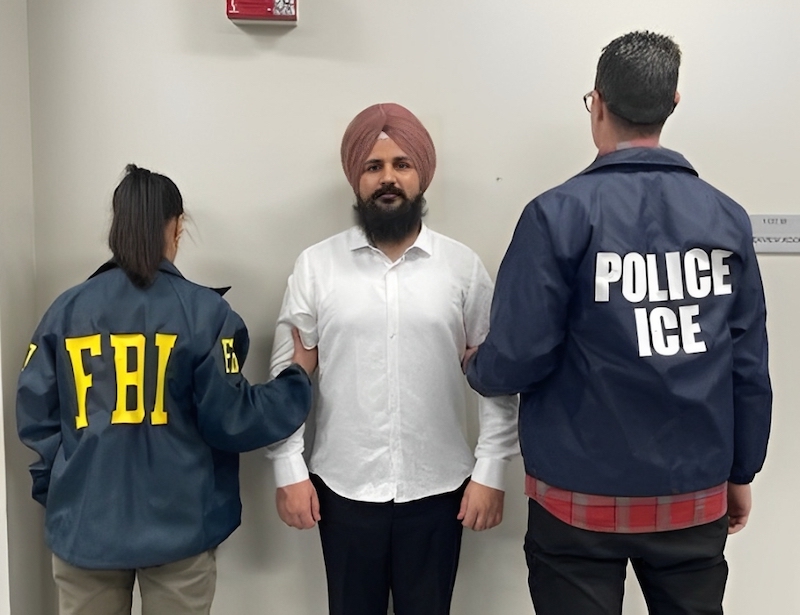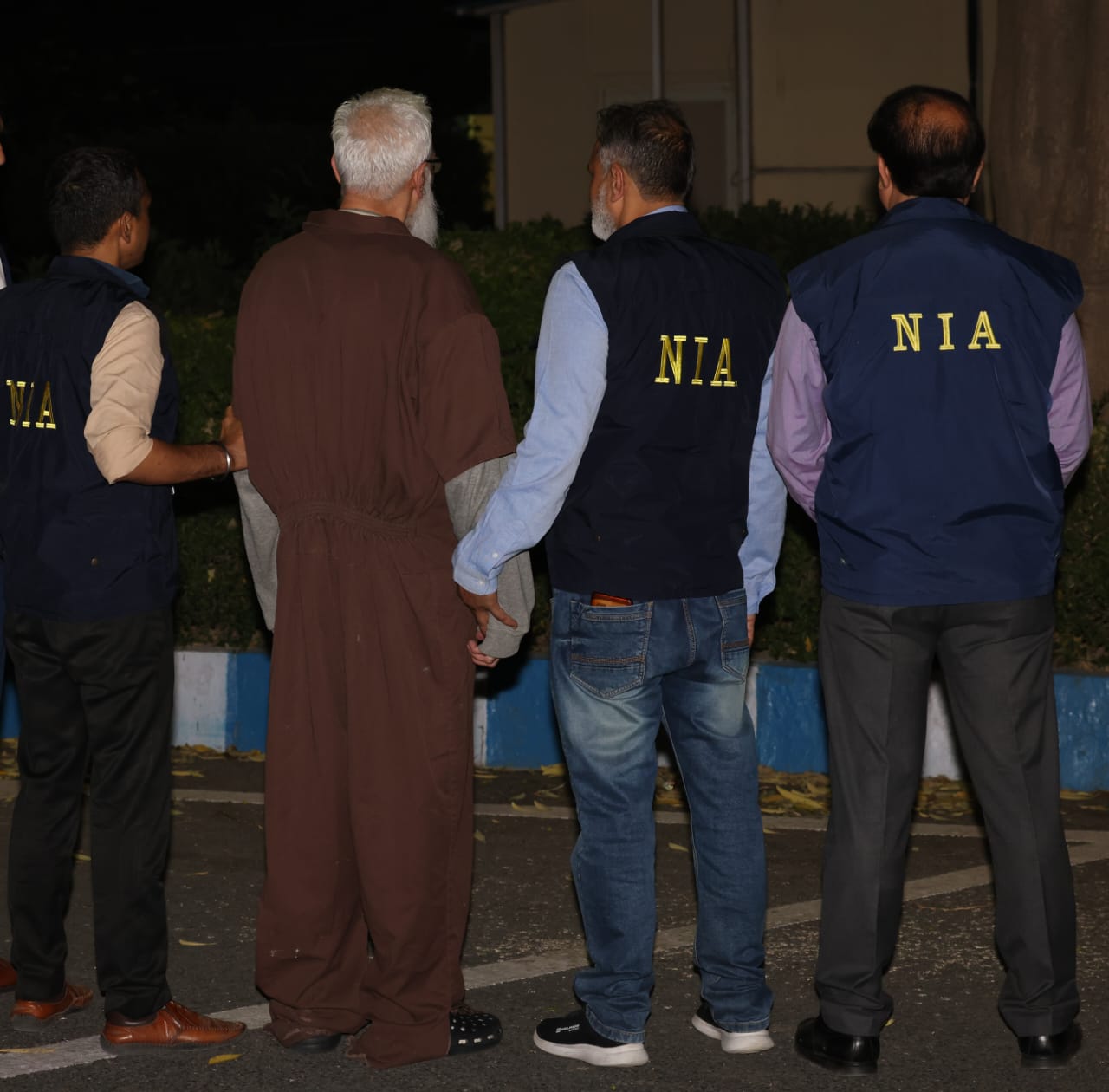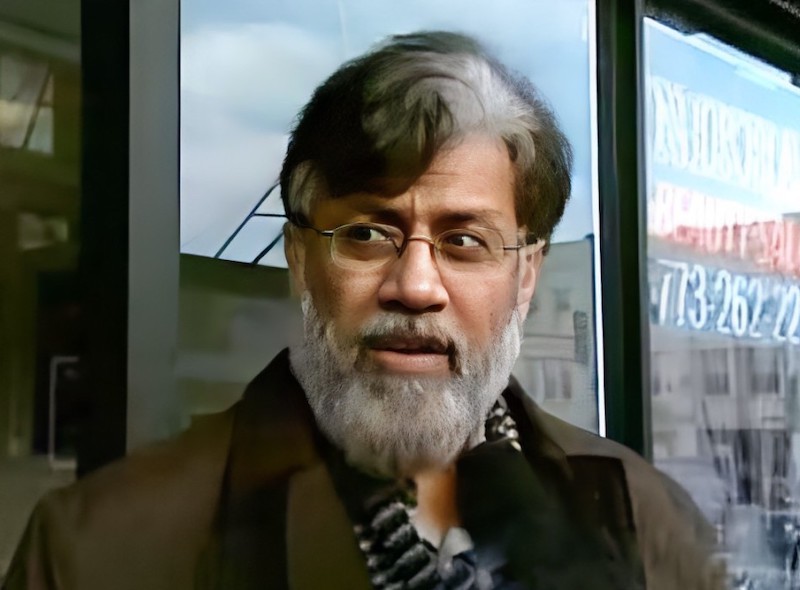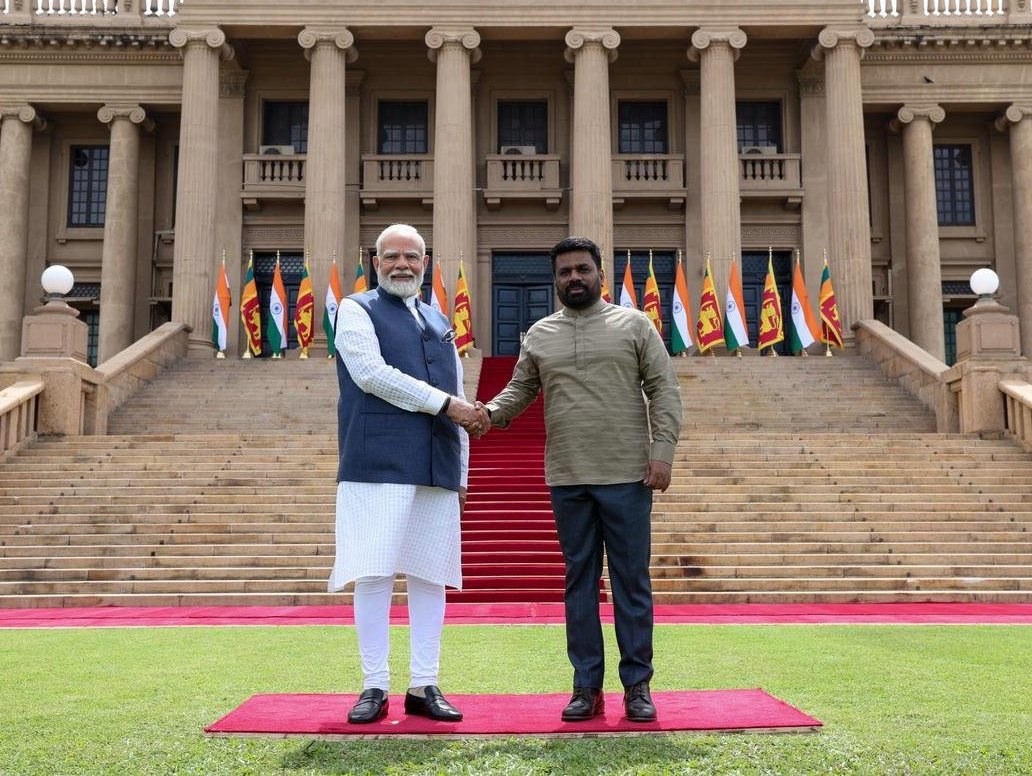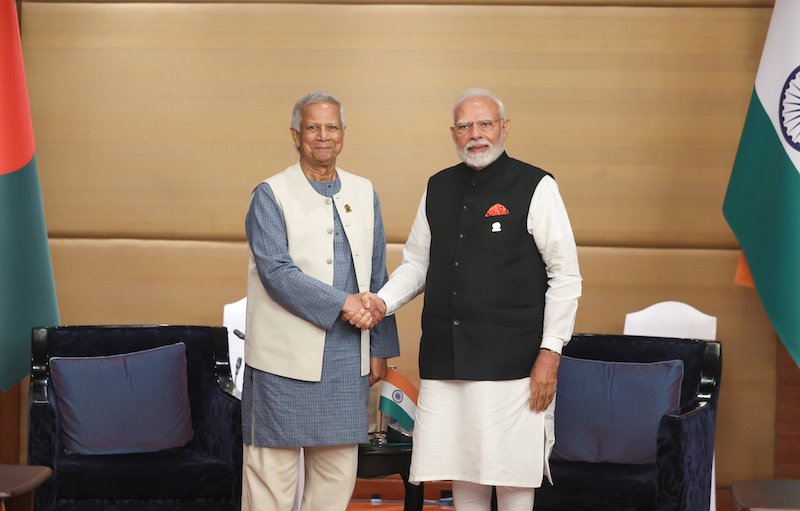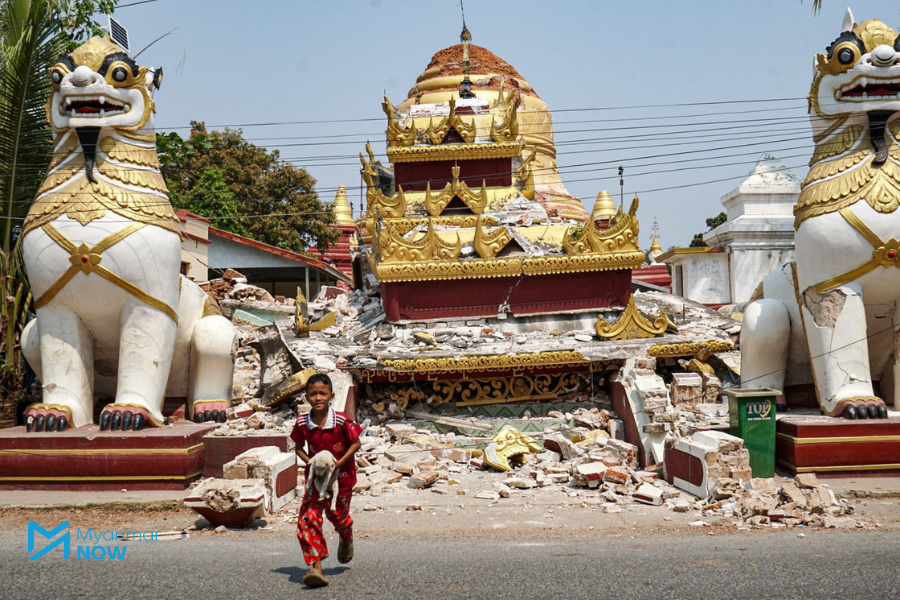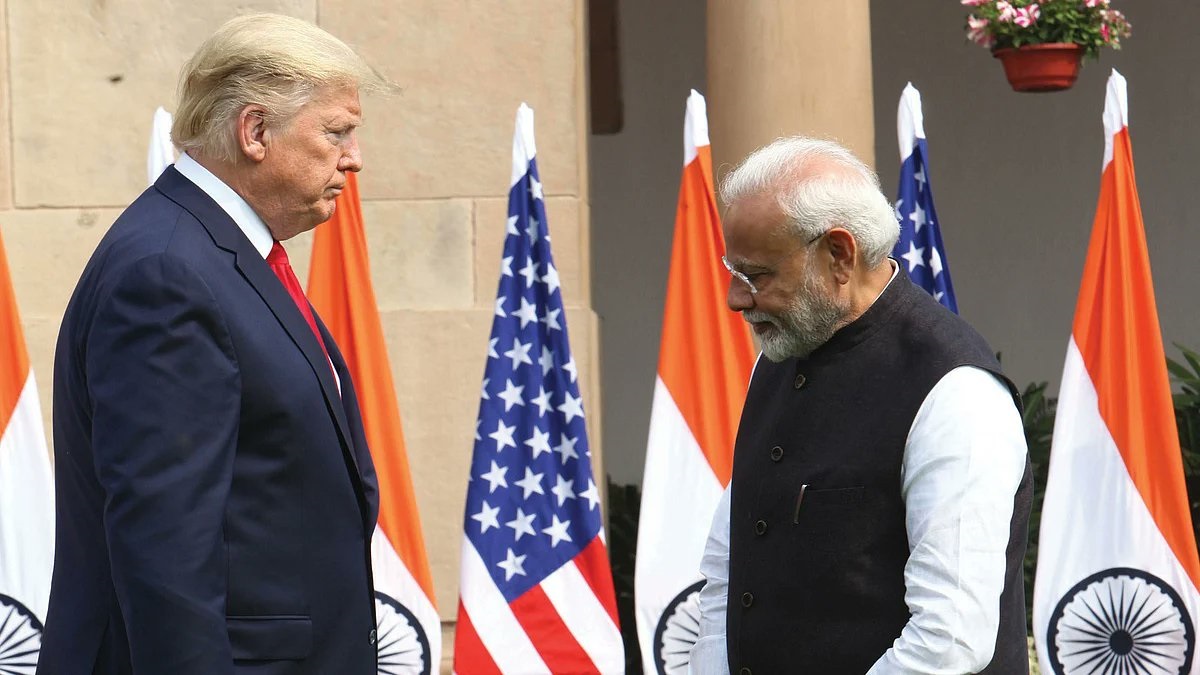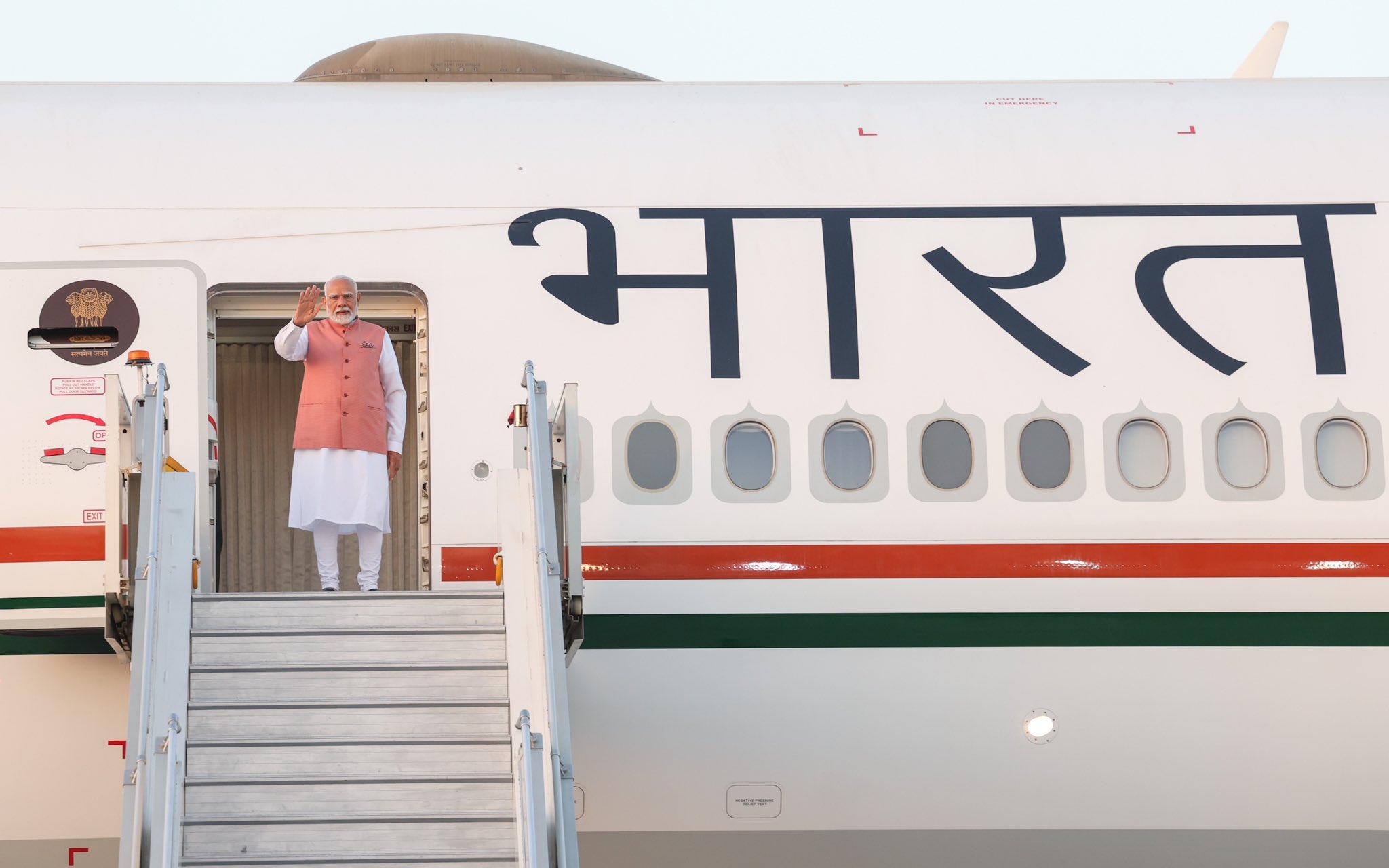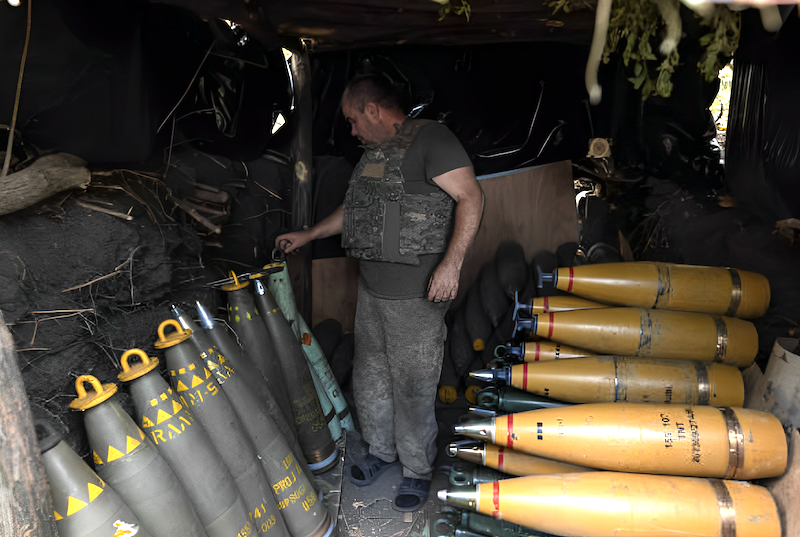 An Ukrainian soldier inspects 155mm artillery shells somewhere in the Russia-Ukraine warzone. (Photo via Telegram)
An Ukrainian soldier inspects 155mm artillery shells somewhere in the Russia-Ukraine warzone. (Photo via Telegram)
New Delhi: Indian-manufactured artillery shells continue to find their way into Ukraine despite New Delhi’s official stance of neutrality in the Russia-Ukraine war. Reports indicate that artillery shells produced in India, particularly the ERFB-BT 155mm shells, have been diverted to Ukraine by European countries after being purchased from Indian defence companies.
Countries, like Italy and the Czech Republic are involved in re-exporting these munitions, compatible with Nato-standard artillery systems being utilized by Ukrainian forces.
According to a recent Reuters report [archived link], Russia has expressed its dissatisfaction with India’s inaction to prevent these transactions, although India maintains that it has not directly supplied any arms to Ukraine. This situation has led to growing tension between Moscow and New Delhi, with Russia accusing India of not doing enough to curb the flow of arms to its adversary.
India has officially denied any involvement in supplying arms to Ukraine and reiterated its neutral position in the conflict. Indian officials, including those from the foreign ministry, have rejected claims that Indian artillery shells were intentionally sent to the Ukraine-Russia warzone. According to New Delhi, these arms were likely redirected through third-party countries, a situation outside India’s direct control.
This is not the first instance of Indian arms being spotted in Ukraine. In late 2023 and early 2024, as India Sentinels had reported, similar sightings of Indian-manufactured 155mm shells emerged, which triggered speculation about India’s role in the conflict. These developments have raised questions about India’s ability to enforce its arms-export regulations, which prohibit the resale of weapons to parties involved in active conflict without its consent.
India has tried to walk a diplomatic tightrope in the conflict, maintaining strong ties with Russia while expanding its engagement with western countries. Recently, following the Ukraine visit by the prime minister, Narendra Modi, India sent its national security advisor, Ajit Doval, to brief the Russian president, Vladimir Putin, about the PM’s Kyiv trip and his discussions with the Ukrainian president, Volodymyr Zelenskyy.
New Delhi’s official stance on the war remains one of neutrality, advocating for a peaceful resolution through dialogue rather than military involvement. Indian officials have rejected Russian accusations, pointing out that the resale of defence equipment by foreign nations is beyond their control.
For Russia, however, this explanation has done little to quell its discontent. As a key supplier of military hardware to India, Moscow perceives the flow of Indian-made shells into Ukraine as undermining its own military campaign. Despite this, the Modi administration continues to balance its strategic interests, seeking to maintain relations with both Russia and western nations without being directly drawn into the conflict.
Nonetheless, despite the mounting diplomatic strain, New Delhi has remained focused on promoting dialogue to resolve the conflict, while Russia views India’s stance as insufficient in light of its strategic partnership with Moscow.

